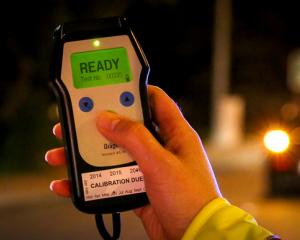
Researchers from the University of Otago, Adapt Research Ltd and the Tairawhiti District Health Board found expediting cataract surgery improved older people's vision, making them less likely to trip and injure themselves.
Cataracts are the most common cause of poor vision worldwide.
Researchers performed a modelling study examining what would happen if DHBs cleared cataract waiting lists, reducing harm from falls by paying private providers to eliminate waiting lists for cataract surgery - done by modelling the costs and benefits of expedited surgery with detailed New Zealand injury and health system cost data.
Lead author Dr Matt Boyd - from Adapt Research - said expediting the surgery by 12 months was very cost-effective, leading to good health outcomes for comparatively little investment.
"Having cataracts makes someone twice as likely to fall. But currently, patients in New Zealand can wait over 300 days for cataract surgery," Dr Boyd said.
"Our findings provide modelling evidence that expediting cataract surgery is more cost-effective than many other health interventions, giving some of the best outcomes per dollar for limited healthcare funds."
DHBs should try to expedite cataract surgery, particularly in younger patients, the researchers found - or either perform or contract out more cataract operations, and operate on people with mild cataracts.












